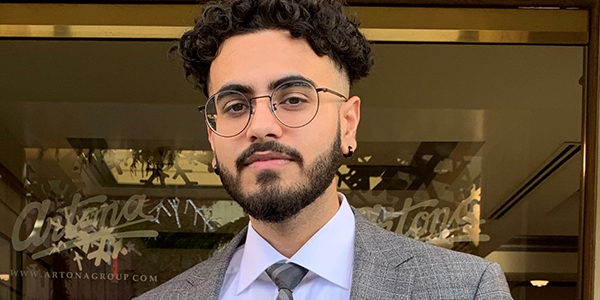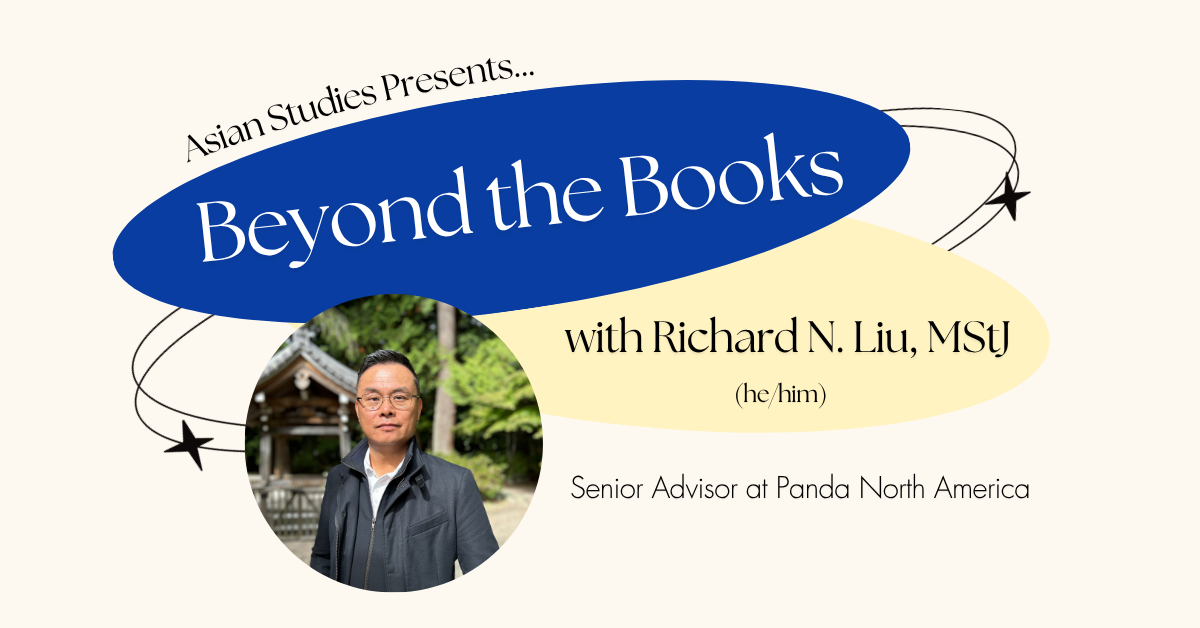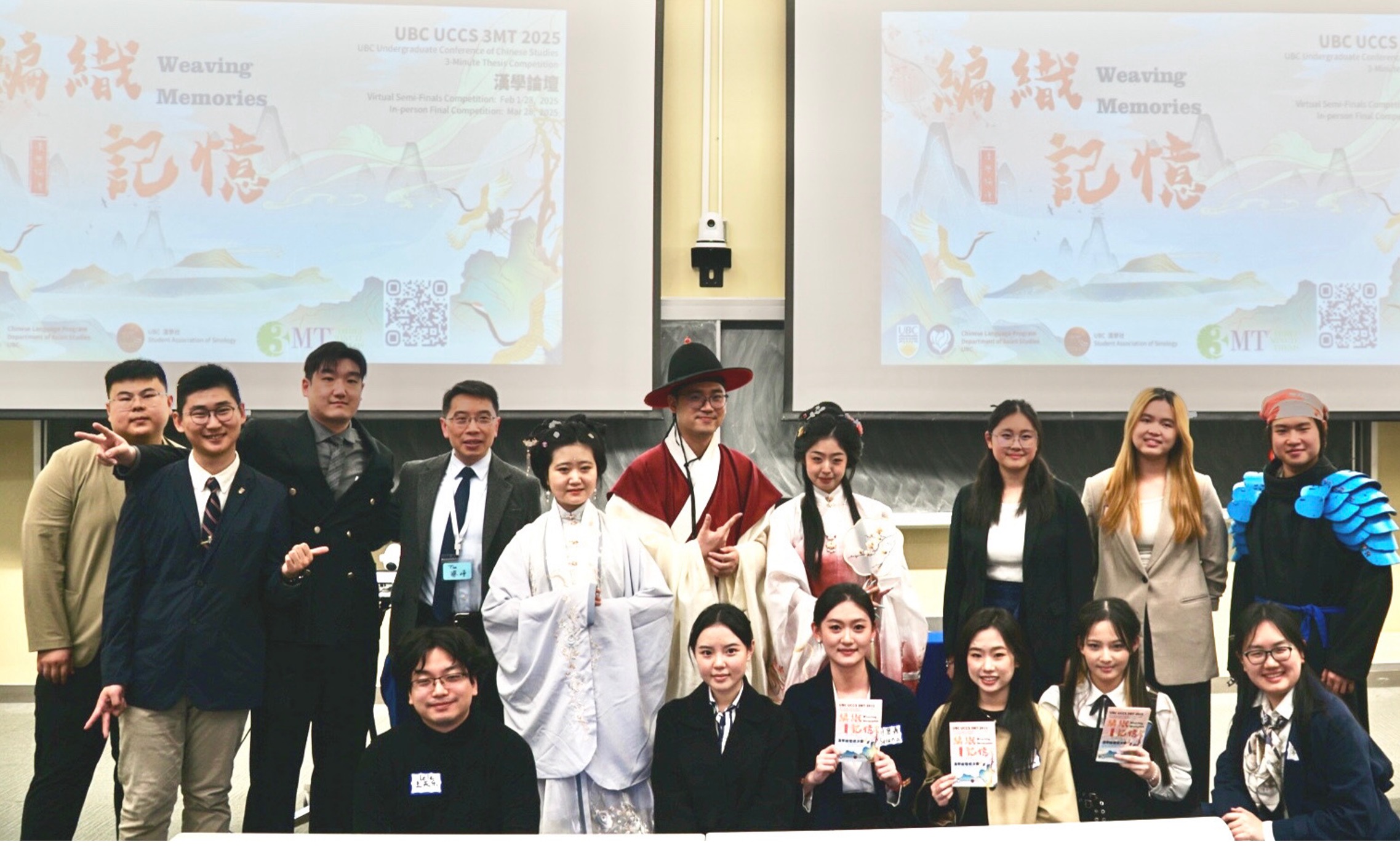Lovneet Aujla
BA in Sociology and Asian Studies


Tell us a little about yourself, your background, and how you became interested in the Punjabi Studies Program?
My name is Lovneet Aujla, I was born in Vancouver, and grew up in Surrey BC where I was exposed to large Punjabi communities, and as a result, Punjabi culture. On top of this, being born into a Punjabi-immigrant family I think it is fair of me to say that, Punjabi language and culture has been a central part of my life. For me it was satisfying a natural curiosity. Not having access to local histories, and other Punjabi related courses in elementary and high school left me in a somewhat strange position. Although some Surrey schools offered Punjabi language courses (which is significant), I was, unfortunately, too afraid to take one. So, when I came to UBC and recognized that I had an opportunity to learn how to read and write Punjabi, I jumped at the chance.
What has been the most memorable or impactful moment of your undergraduate/graduate experience in Punjabi Studies?
The most memorable experience for me, which looking back seems almost easy to forget was in my first year at UBC, in the introductory Punjabi class (PUNJ 102) taught by Professor Sukhwant Hundal. It was in the first few months of class, after constant repetition of the alphabet and reading/writing the letters of Gurmukhi that we began to form and comprehend sentences; and it hit me all of a sudden. I can read and write the language I was first taught, Punjabi.
Could you explain why Punjabi Studies at UBC is important? What can you tell students who are considering taking Punjabi, Asian Studies, or Punjabi-related courses?
Having a strong Punjabi Studies program is important for a few reasons. It gives both Punjabi students, and non-Punjabi students a chance to explore a rich culture and its history in detail that would, for the most part, be difficult to access. The Punjabi Studies Program gives students a chance to not only gain an appreciation for Punjabi culture, language, history, art, etc., but to understand how these cultures and traditions came to be; and because of this student gain the ability to navigate their own identity critically, should they choose to. For those considering taking Punjabi, Asian Studies, or Punjabi-related courses, you will find not only an enriching academic experience, but a critical experience that, in my opinion, is transferable to many facets of life outside of academia, such as identity.
What are your current academic or career goals upon completing your program? How do you think UBC Punjabi Studies is helping you achieve these goals (or has helped you accomplish your goals)?
I am on track to graduate this year with a Bachelors of Arts in Sociology, and Asian Studies. Upon completing my program, I hope to attend some graduate level program, perhaps a masters, or a JD. I believe Punjabi Studies offers a way to critically approach the world which is a skill applicable to all fields. Punjabi Studies also upholds diversity which I think is universally appreciated. Punjabi Studies has helped me achieve my goals by shaping me into what I imagine is a critical student.
Why did you chose Punjabi Studies at UBC? Was there an aspect of the program or location that was attractive to you compared to other programs in Canada or internationally?
I initially came to UBC to study Sociology, I had always wanted to learn how to read and write Punjabi, and to my surprise UBC offered a full 4 year Punjabi Language program and plenty of Punjabi related courses. After taking a few, I really began to enjoy the program so I decided to study Asian Studies as my minor! BC is home to a large South Asian community, and having been apart of that community my entire life I had this inclination to learn about my surroundings and my community and I feel as though only a Punjabi Program in BC would be able to better connect me to my community.


